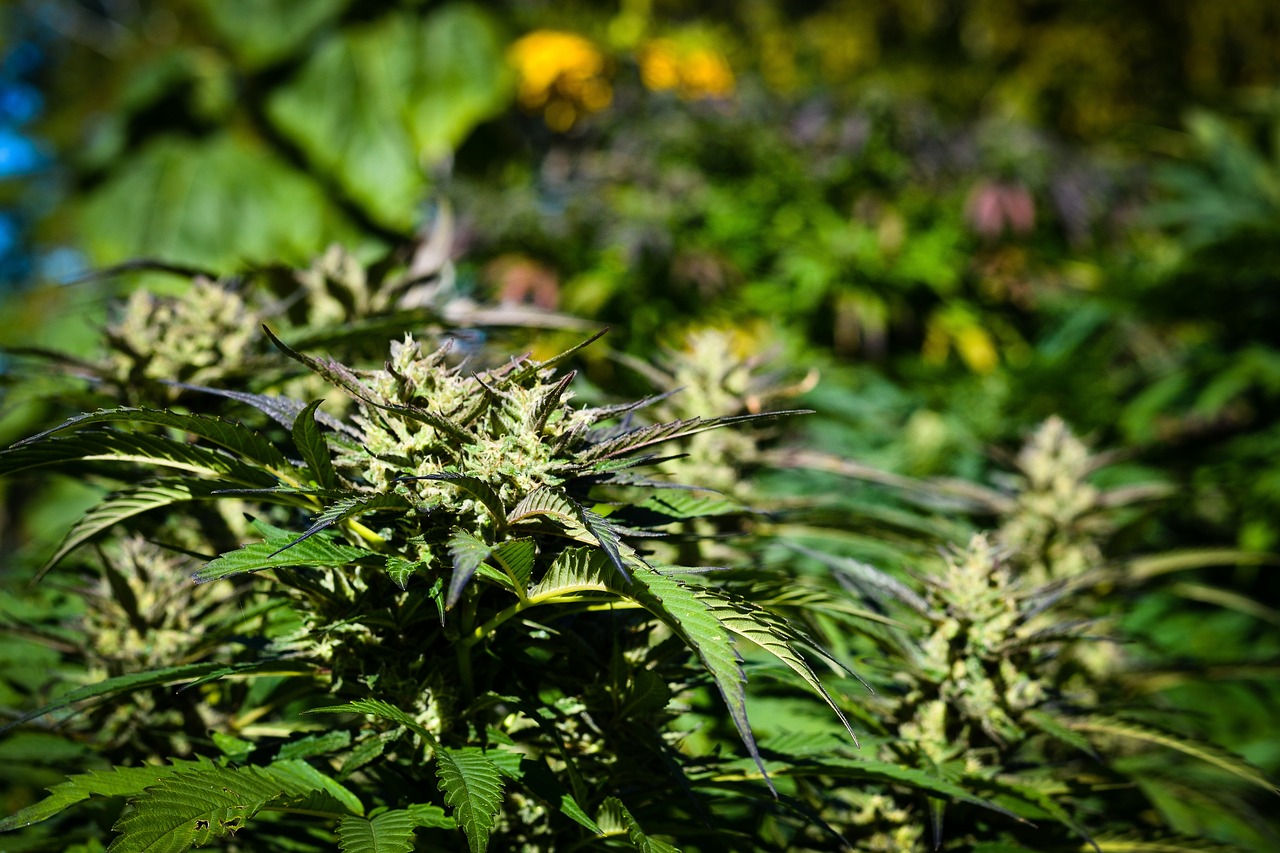In recent years, the world has witnessed a growing interest in the therapeutic potential of cannabis. Among the many compounds found in this plant, THCA, or tetrahydrocannabinolic acid, has emerged as a subject of fascination. Unlike its more famous counterpart, THC, THCA is non-psychoactive, yet it holds a treasure trove of potential health benefits. This article explores the magic of THCA flower versus THC, shedding light on its properties, benefits, and the science behind its healing powers.
Understanding THCA
THCA is a cannabinoid found in raw and live cannabis. It is the precursor to THC, the compound responsible for the psychoactive effects of cannabis. When cannabis is heated through smoking, vaping, or cooking, THCA undergoes decarboxylation, transforming into THC. This process is what gives cannabis its characteristic high. However, in its raw form, THCA does not produce any psychoactive effects, making it an attractive option for those seeking the therapeutic benefits of cannabis without the high.
The Science Behind THCA
Research into THCA is still in its early stages, but preliminary studies suggest that it may offer a range of health benefits. THCA interacts with the body’s endocannabinoid system, a complex network of receptors and neurotransmitters that play a role in regulating various physiological processes. By influencing this system, THCA may help modulate inflammation, pain, and other bodily functions.
Anti-Inflammatory Properties
One of the most promising aspects of THCA is its potential as an anti-inflammatory agent. Inflammation is a common underlying factor in many chronic diseases, including arthritis, diabetes, and heart disease. Studies have shown that THCA may help reduce inflammation by inhibiting the production of pro-inflammatory cytokines. This makes it a potential candidate for managing conditions characterized by chronic inflammation.
Neuroprotective Effects
THCA may also offer neuroprotective benefits. Research has indicated that it could help protect brain cells from damage and degeneration. This is particularly relevant in the context of neurodegenerative diseases such as Alzheimer’s and Parkinson’s. By reducing oxidative stress and inflammation in the brain, THCA may help slow the progression of these debilitating conditions.
Anti-Emetic Properties
Nausea and vomiting are common symptoms associated with various medical treatments, including chemotherapy. THCA has shown promise as an anti-emetic agent, potentially helping to alleviate these symptoms. This could improve the quality of life for patients undergoing treatments that cause severe nausea.
Real-World Applications
While research is ongoing, there are already anecdotal reports and case studies highlighting the potential benefits of THCA. Patients with conditions such as arthritis, epilepsy, and chronic pain have reported improvements in their symptoms after incorporating THCA into their treatment regimens.
- Arthritis: Some patients have found relief from joint pain and stiffness by using THCA-rich cannabis products.
- Epilepsy: There are reports of reduced seizure frequency in patients who have added THCA to their treatment plans.
- Chronic Pain: Individuals suffering from chronic pain conditions have experienced a decrease in pain levels with THCA use.
How to Use THCA
For those interested in exploring the benefits of THCA, there are several ways to incorporate it into a wellness routine. Consuming raw cannabis leaves or flowers is one method, as this preserves the THCA content. Juicing raw cannabis is another popular option, allowing individuals to ingest THCA without the psychoactive effects of THC.
THCA tinctures and capsules are also available, providing a convenient way to measure and consume precise doses. These products are often marketed as dietary supplements and can be found in dispensaries where cannabis is legal.
Legal Considerations
The legal status of THCA varies depending on the jurisdiction. In regions where cannabis is legal for medical or recreational use, THCA products are generally available. However, in areas where cannabis remains prohibited, access to THCA may be restricted. It’s important for consumers to be aware of the laws in their area before seeking out THCA products.
Conclusion
THCA represents a fascinating frontier in the exploration of cannabis-based therapies. With its potential anti-inflammatory, neuroprotective, and anti-emetic properties, it offers a promising avenue for those seeking natural alternatives to traditional medications. As research continues to unfold, the full extent of THCA’s healing potential will become clearer, paving the way for new and innovative treatments. For now, THCA stands as a testament to the untapped potential of nature’s healing flower.


